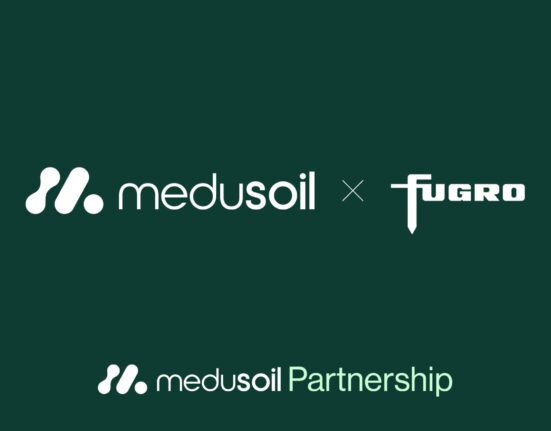The European Commission has granted the European Financial Reporting Advisory Group (EFRAG) an additional month to refine its technical guidance on the European Sustainability Reporting Standards (ESRS). Originally set for completion by October 31, the new deadline of November 30, 2025, highlights concerns over the intricacies of the EU’s sustainability reporting framework and the necessity for a more pragmatic approach.
The ESRS plays a pivotal role in the EU’s Corporate Sustainability Reporting Directive (CSRD), which enhances sustainability disclosure obligations for numerous companies, including non-EU entities with substantial operations within the bloc. The ongoing review is part of the Commission’s broader Omnibus I package designed to alleviate regulatory burdens, particularly on small and medium enterprises.
EFRAG, responsible for developing the original ESRS adopted in 2023, raised issues about the initial timeline being too tight to allow meaningful input from stakeholders. With this extension, EFRAG has extended its public consultation period to 60 days commencing at the end of July 2025. The goal is to create simplified yet reliable standards that are both informative and feasible for companies to implement.
According to an expert in sustainability reporting,
“This extension provides an opportunity for a more inclusive process where stakeholders can contribute valuable insights into making sustainability reporting more practical and effective.”
The revision aims to reduce mandatory data points by at least half, a change that is likely to be welcomed by preparers across Africa and other emerging markets who have found CSRD requirements burdensome. The European Commission emphasizes that no new data points should be introduced as mandatory, demonstrating a commitment to streamlining reporting practices.
The impact extends beyond Europe; many African businesses with ties to EU supply chains or listings on European exchanges indirectly fall under CSRD regulations. As Africa increasingly positions itself as a sustainable trade and finance partner with Europe, manageable reporting obligations could encourage greater involvement from African enterprises in green and sustainable markets.
An expert on international finance notes,
“Harmonizing sustainability reporting standards between regions is crucial for fostering global consistency while acknowledging unique regional considerations.”
Maintaining interoperability between ESRS and International Sustainability Standards Board (ISSB) standards is crucial per EU guidance. In Africa, where various jurisdictions are aligning with ISSB for cross-border coherence in reporting practices, flexibility may be essential at times despite efforts towards alignment.
The European Commission urges EFRAG to focus revised standards on strategically essential information rather than extensive technical details. This shift could enable African firms to concentrate on critical sustainability issues impacting their operations and developmental priorities without being overwhelmed by compliance complexities.
As global sustainability reporting norms evolve, Africa stands poised as a key player in shaping these standards. The push for simplification through ESRS revision signifies a growing understanding that transparency must accompany usability—an endeavor that could drive wider adoption of sustainable practices while reducing compliance gaps in Africa.
An industry analyst remarks,
“Simplified but robust sustainability reporting frameworks are vital not only for compliance but also for attracting investments aligned with sustainable development goals.”
In conclusion:
– The extended deadline allows EFRAG more time.
– Improved simplicity favors African participation.
– Alignment with ISSB promotes global consistency.
– Focused standards benefit African businesses.
– Streamlined processes enhance sustainable growth opportunities.









Leave feedback about this